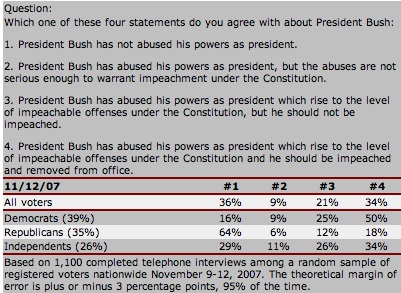In the 1950’s, Alan Turing suggested that artificial intelligence would not truly exist until a machine could pass a particular test, which we today call a “Turing Test.” It goes like this: a human examiner poses a question to two unseen participants, who return typewritten responses. The examiner knows that one of the participants is human and the other is a machine, but does not know which is which. The examiner must determine which is the human and which is the machine based on the responses returned. If the machine can fool the human examiner, it passes the Turing Test.
Today, however, it’s the machines who have much more of a need to make this determination. With automated spam-bots trolling the Internet, many Web 2.0 sites and blogs have had to adopt automated mechanisms for determining if the contributor is a live human being or not. One common method is a CAPTCHA (Completely Automated Turing test to tell Computers and Humans Apart), which shows an OCR-proof graphic image of letters and asks the would-be contributor to type those letters out. Spam-bots can’t read graphic images, at least not yet.
But, as in any arms race, the opposition hasn’t given up just yet. Some enterprising young hacker has put together a program to lure humans into helping crack CAPTCHA codes in the guise of a strip tease program. Type in the correct CAPTCHA code and “Melissa” takes off another article of clothing. Never mind that you’ve just helped give an automated program human bona fides.
Hoping to harness the same energies for good rather than evil, a group working out of Carnegie Mellon has released a program called reCAPTCHA, which has the user demonstrate humanity while also contributing to it. When encountering a reCAPTCHA, the user will enter the text of a word that OCR technology wasn’t able to read, which is meant to speed up the ongoing effort to digitize print books. A known word is included as well, as a human-check.
That sounds like a worthwhile cause, except then the user has twice as much to type to contribute a comment. I haven’t put any CAPTCHA on this blog, yet, because I want to encourage people to post comments freely. But I have to say that I do spend a good amount of time deleting spam, and so when I’m ready to go Turing, maybe reCAPTCHA is the way to go.
The whole reCAPTCHA idea reminds me of the ESP Game, in that it allows users across the Web to contribute to a piece of a mostly automated project that only humans can do. Actually, both of these schemes remind me of the ESP game, except that one is good and one is evil.
And I hope we need no Turing Test to tell us which is which.

